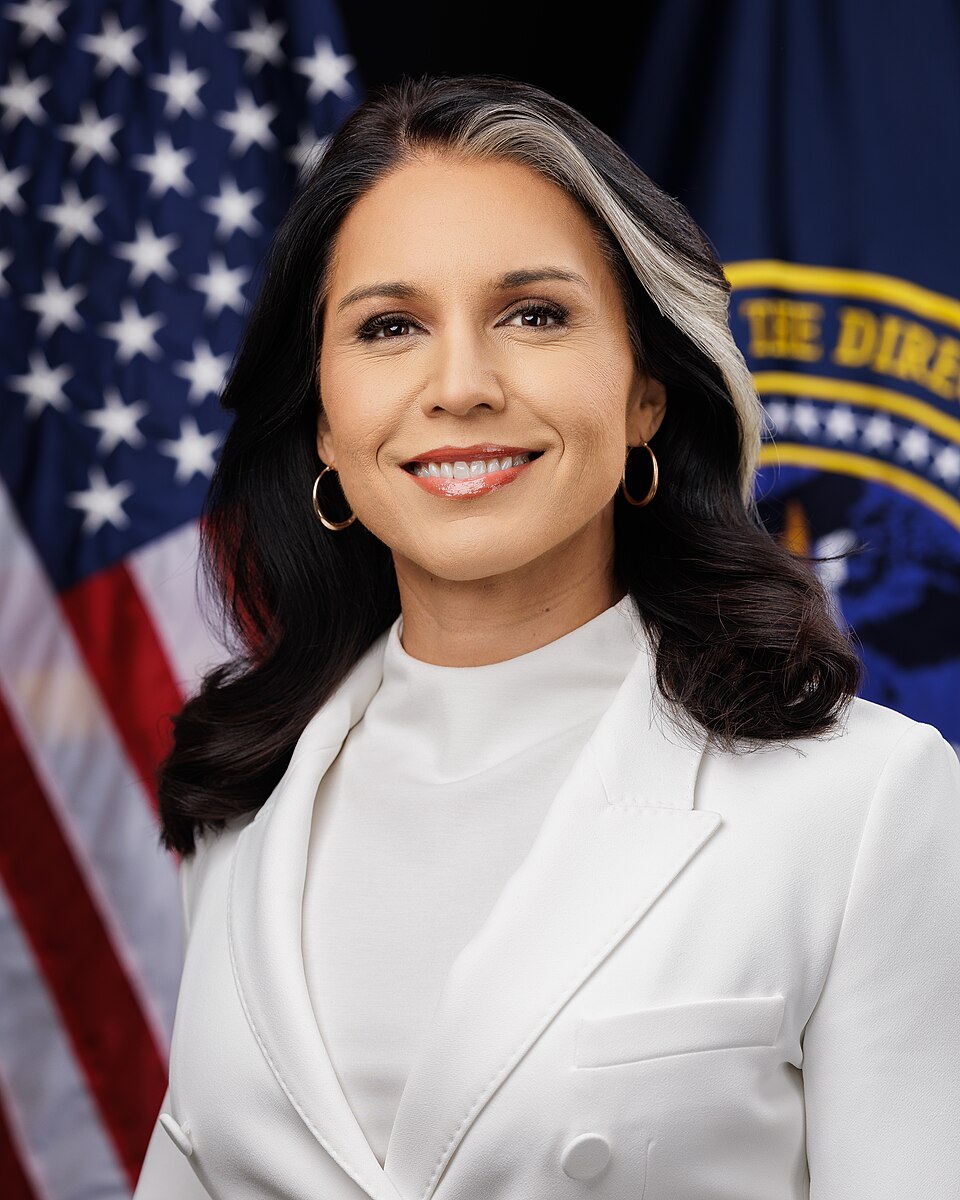
Introduction
Tulsi Gabbard, an American politician and military veteran, has emerged as a significant figure in contemporary politics. Known for her unique perspectives on foreign policy and social issues, Gabbard served as the U.S. Representative for Hawaii’s 2nd congressional district from 2013 to 2021. Her journey in politics and her recent activities remain relevant in discussions about the evolving landscape of American political discourse.
Political Background
Born on April 12, 1981, Gabbard began her political career in local politics before being elected to the Hawaii House of Representatives at the age of 21. Gabbard gained national prominence during her tenure in Congress, notably for her opposition to U.S. military interventions. She has often advocated for a non-interventionist foreign policy, a stance that has resonated with a segment of voters seeking change in how the U.S. engages with the world.
2020 Presidential Campaign
In 2019, Gabbard announced her candidacy for the Democratic nomination for president. Her campaign focused on issues such as healthcare reform, climate change, and ending regime change wars. Gabbard’s participation in the debates drew attention due to her candid approach and willingness to challenge establishment politics, positioning her as a unique voice within the party. Despite receiving significant media attention, her campaign ultimately did not gain the traction needed for a strong finish.
Recent Developments
Since leaving Congress, Gabbard’s political alignment has evolved, and she has become increasingly critical of the Democratic Party, expressing concerns over what she perceives as a shift away from principles of liberty and inclusivity. In October 2022, Gabbard announced that she had left the Democratic Party, citing a growing concern about the party’s direction and its stance on various issues. This decision has sparked discussions about political identity and the future of third-party candidates in the U.S.
Conclusion
Tulsi Gabbard remains a polarising figure in American politics, embodying the challenges many face in aligning personal beliefs with party affiliations. As the political landscape continues to change, her views on foreign policy and domestic issues will likely contribute to ongoing dialogues about national priorities. For readers, Gabbard serves as a reminder of the complexities and nuances that define political allegiance, particularly in an era marked by fervent party loyalty and division.
You may also like

Understanding the Current Political Landscape in the UK

The Inspiring Rise of Sasha Riley in Entertainment

The UKIP Party: Recent Developments and Future Outlook
SEARCH
LAST NEWS
- Remembering Wendy Richard: The Promise to Co-Star Natalie Cassidy
- How Did Anglian Water Achieve an ‘Essentials’ Rating for Mental Health Accessibility?
- Shai Hope Leads West Indies in T20 World Cup Clash Against South Africa
- What We Know About Weston McKennie: Future at Juventus and Past at Leeds
- What We Know About the Upcoming Live Nation Antitrust Trial